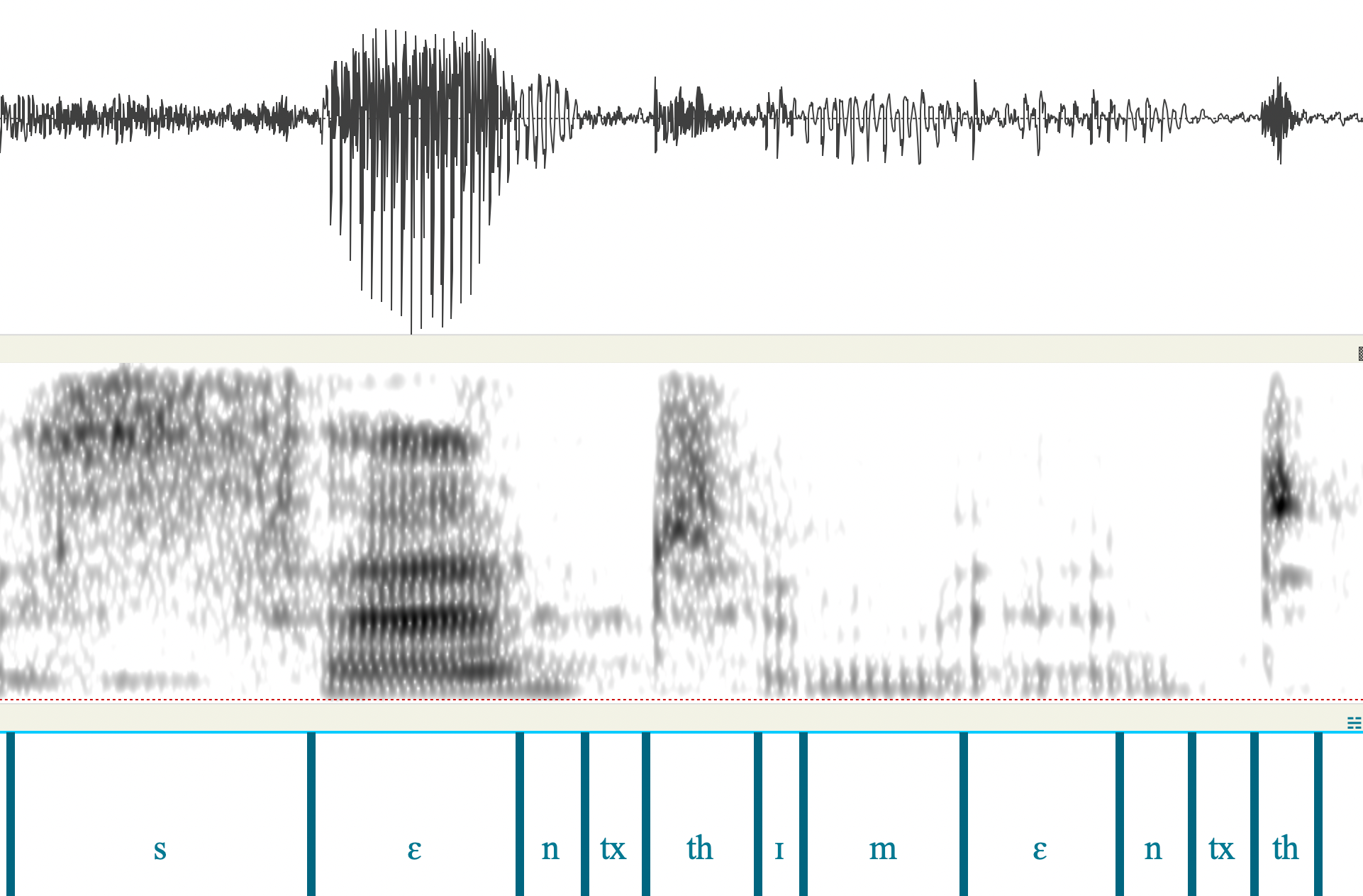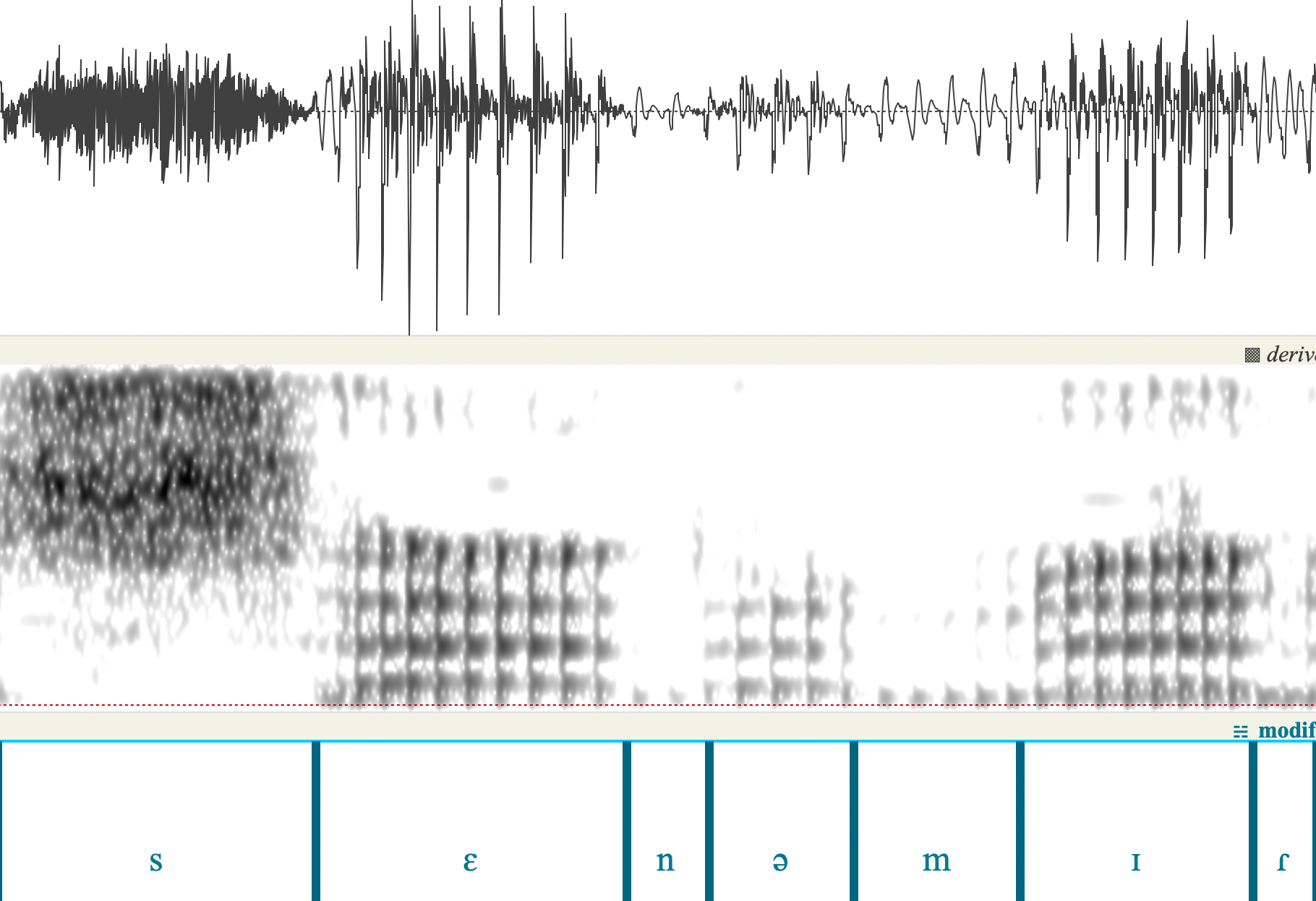The sentiment-laden deluge
« previous post | next post »
Juliana Kim and Miguel Macias, "Satellite images show the devastation from Spain's deadly floods", NPR 11/2/2024 [emphasis added]:
Satellite images show a devastating transformation of eastern Spain, where catastrophic flash floods have killed more than 200 people and upended entire towns.
NASA Earth Observatory captured the image from its Landsat 8 satellite a day after the historic downpour. It showed parts of the eastern province of Valencia submerged in floodwaters. Meanwhile, the channel of the Turia river and the L'Albufera coastal wetlands were filled with the sentiment-laden deluge.
Someone noticed the typo, and NPR has corrected that last phrase to "the sediment-laden deluge". So here's a screenshot of the earlier version (click to see more of the context):

(There's also been a deluge of sentiment, but that's not visible in satellite images.)
This example lies at the intersection of several questions about such mistakes.
Was it a human error (a Fay-Cutler malapropism of the fingers) or a computer (autocorrect) error? Or was it a mixture of both? Autocorrect errors are often triggered by a slip of the fingers that results in a non-word, or a word that's implausible in context.
Was there a Freudian-slip-like aspect to whatever human action led to the mistake, since the affected region has surely been laden with sentiment as well sediment?
And was there a phonetic aspect, beyond the two words' shared syllable count, stress pattern, and initial and final sound sequences? For most Americans, inter-vocalic non-pre-stress coronal lenition can turn "sentiment" into something very close to "sediment". This could help trigger a psychological word-substitution error — and it might also have an impact on a speech-to-text program, if material is being dictated to one.
A dictionary-ish pronunciation of "sentiment" sounds (and looks) like this, in a quote from Nancy Pelosi found in the NPR story "Debate over health care gets more intense", 7/23/2009:
But it- there was definitely sentiment in the meeting that members wanted to get this done.
Zeroing in on the word "sentiment", and looking between the first and second syllables, we see a clear nasal murmur, t-closure, and t-aspiration:
But it's common for the t-related devoicing to be lost, just as it normally is in most American pronunciations of the medial consonant in words like "city" — what we call "flapping and voicing".
You might expect the result to a sequence of /n/ and /d/ (or /ɾ/) . But the velum is just not agile enough to create a clear nasal-oral differentiation in a closure region of about 30 milliseconds, as in this example (spoken by Brian Naylor, from "Conservatives, Progressive Discuss Debt Ceiling", 7/28/2011):
Taxing the rich was a common sentiment among the signs at the rally
So the result is just a nasal tap. Zeroing in:
And there's an acoustic as well as articulatory difference between a nasal tap and an oral tap, but it's not a very big difference.
Those two examples were randomly selected from the 2126 occurrences of "sentiment" in the previously-mentioned NPR podcasts dataset, containing 3,199,859 transcribed turns from 105,817 NPR podcasts, comprising more than 10,648 hours.
Actually I looked at 100 instances selected at random, and found the usual gradient spectrum of variants, as usual calling into question the idea that allophonic variation is mediated symbolically. A few other straws in that wind:
"On beyond the (International Phonetic) Alphabet", 4/19/2018
"Farther on beyond the IPA", 1/18/2020
"What IPA means now", 9/28/2022
"Pronunciation evolution", 4/15/2022
"More post-IPA astronauts", 4/16/2022
"'There's no T in Scranton'", 3/10/2024
"Present prison president", 7/28/2024


Robert Coren said,
November 3, 2024 @ 10:47 am
Occupying a piece of my brain that could probably be better used for something more practical is a memory from my childhood of a snippet of dialogue in Hugh Lofting's The Voyages of Doctor Dolittle in which several characters are reminiscing about their departure from England (to which they are about to return); one recalls that their ship got stuck on a mudbank, to which another (who is prone to malapropisms) replies "Stop! I am about to weep from sediment."
Y said,
November 3, 2024 @ 1:37 pm
se-ντ-iment.
martin schwartz said,
November 3, 2024 @ 3:04 pm
In Modern Greek, Eng, sediment would be spelled in Greek letters
as sigma-epsilon-nu-tau-iota-mu-epsilon-nu-tau, i.e. sentiment.
This would in turn be read out as either [sedime]/ or [sendimend],
depending on dialect.
Martin Schwartz
J.W. Brewer said,
November 3, 2024 @ 4:07 pm
I wondered about speech-to-text software as an issue here. I don't know the relationship between the content NPR posts on its website and the content that is read over the air on NPR news shows syndicated to member stations. But I strongly suspect that what is read over the air is read from scripts (perhaps with a little bit of real-time variation/improvisation) so you would think it would make more sense to just feed those scripts to the website (if the website is indeed "downstream" from the radio content) than to have software transcribe the audio of the scripts-as-read.
Rick Rubenstein said,
November 3, 2024 @ 4:26 pm
I wonder if the two words share an entymology. ;-)
Yves Rehbein said,
November 4, 2024 @ 5:04 am
@ Rick Rubenstein, well actually …
I am not convinced by PIE *sent-. One compares English sense, but this is not attested outside of West-Germanic, and Old Church Slavonic, on which I cannot comment. If it is related to another sense (!) of *sent- is difficult to tell, methodically kept separate as far as I can tell. A priori I would think it's possible to compare *sed- through the seat-of-emotion metaphor. As they say this doesn't sit well with me.
Peter Taylor said,
November 4, 2024 @ 1:48 pm
The use of deluge in
is also interesting. It is accurate to describe the paddy fields (tancats [1]) around L'Albufera (the lake) as flooded, and the lake also gives its name to a larger natural park, so by metonymy you can say that L'Albufera is flooded; but "deluge" is not an obvious word to describe the water which didn't overflow the river channels and the lake fed by one of them (the river Júcar / Xúquer, which is also visible near the bottom of the photo).
[1] tancat is literally the past participle of the verb close. The fields were reclaimed from the lake by building dikes to enclose a specific area.
RfP said,
November 5, 2024 @ 5:04 am
@Peter Taylor
I think the mismatch you’ve brought up is mostly due to a problematic preposition.
Does “…filled by the se[d]iment-laden deluge” seem appropriate to you?
Peter Taylor said,
November 5, 2024 @ 9:10 am
@RfP, you may be right that the preposition played a part in getting me to think about the word choice, but merely changing it doesn't quite seem sufficient. Filled isn't the most precise choice either. The towns of Aldaia, Picanya, Paiporta, Sedaví, and many others are coated with sediment from the deluge, but I would find it more appropriate to call the water which stayed within the (modern) channel of the Túria a torrent or a spate than a deluge.
David Marjanović said,
November 9, 2024 @ 12:52 pm
I'm confused. English sense is straight from French, if not directly from Latin. German does have a cognate, but that's Sinn.